In recognition of Parenting Gifted Children Week, it seemed only fitting to explore the specific challenges and strategies designed to assist teaching the gifted learner, especially as it relates to books and literacy. Oftentimes, a great deal of attention is paid to the important and recurring problem of how best to reach struggling readers in time to get them reading at grade level by 3rd grade as this is a critical window to prevent further detrimental educational setbacks. And, while it is important to address the needs of students who lag behind, the challenges facing classroom instructors do not stop there.
Educators in today’s society are expected to be able to differentiate instruction across the classroom, meeting the needs of a diverse group of learners, and an important contingent of that student population is made up of gifted children, who may or may not have been formally identified. Without effective guidance, gifted students also suffer consequences, and potentially we as a society do as well by losing out on likely candidates as high-achievers in the next generation of leaders, researchers and innovators.
Gifted Children—Doesn’t Mean Easy to Teach
This seemingly simple idea of tailoring instruction towards those students perceived as easy to teach due to their high intelligence level and ability to quickly grasp grade-level appropriate instructional concepts is, in reality, often anything but. The possible problems faced in the realm of gifted education are individualized and not entirely predictable; however, there are a few commonalities among them. For starters, there is no nation-wide standard measure by which to classify students as gifted, so it is often left up to the individual schools to determine criteria for identification. And, once students are identified, the usual educational challenge of having the budget and staff to be able to effectively guide their learning abounds, but so too do some of the more surprising issues specific to these gifted individuals.
The primary factor at play is that there are a host of social and psychological character-traits that often accompany highly intelligent or high-performing children that can make for some intensive and hard to manage circumstances for both teachers, and parents (as well as the children themselves). According to the National Association for Gifted Children, among affective and behavioral traits that are commonly displayed by gifted children are:
- Unusual emotional depth and intensity
- High expectations of self and others, often leading to feelings of frustration
- Impulsive, eager and spirited
- Heightened self-awareness, accompanied by feelings of being different
- Easily wounded, need for emotional support
- Boundless enthusiasm
- High levels of frustration—particularly when having difficulty meeting standards of performance (either imposed by self or others)
- Volatile temper, especially related to perceptions of failure
And, although this is a partial list and not all gifted children display these traits, the work involved on the end of the parent or teacher can be exhaustive.
Books and Gifted Children
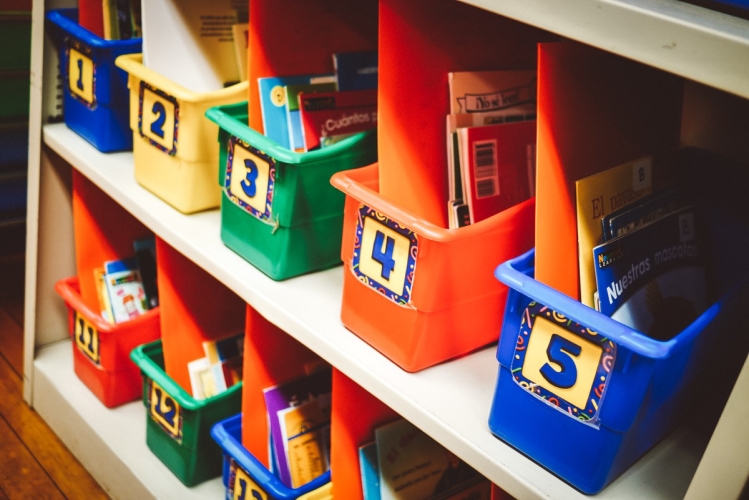 |
Knowing and understanding these issues is an important stepping stone, but undertaking the task of effectively handling them is the next piece of the puzzle, and as it happens, books can play a major role in that undertaking. Gifted children are frequently early readers, and they also typically have a voracious appetite for books. Research suggests that in the early grades, it is advantageous to group these students together “so they can feel safe in verbalizing and sharing their insights,” (Sakiey qtd in Levande), and it is also especially helpful for teachers to have a list of book recommendations with appropriate content at their advanced reading level on hand.
A quick web search for suggested reading lists for gifted learners (at varying ages or grade levels) will likely yield plenty of results, but the Mensa for Kids Reading Lists page is a great resource to start.
Bibliotherapy, which has more comprehensive applications as well, is another useful strategy that has been shown to benefit gifted learners. The concept of Bibliotherapy has been around for centuries, with many sources indicating that the general principles were in practice in ancient Greece as evidenced by the library in Alexandria having been inscribed with the words “The nourishment of the soul,” and one in Thebes with “Medicine for the Soul.” It has garnered world-wide recognition having been featured in 2015 in both a New Yorker article and a piece on BBC. It is also the focus of a number of psychological institutions and educational courses at prestigious entities, most notably Johns Hopkins and University of Westminster, and is broadly defined as the use of books to aid in psychological endeavors or for personal/social benefits. Central Michigan University is home to a prominent education-specific branch of Bibliotherapy founded by Dale Pehrsson, Ed.D. and Patricia McMillen, Psy. D. on “a joint belief in the enormous power of literature and stories as therapeutic tools.”
Gifted Children Need Whole-Child Nurturing Too
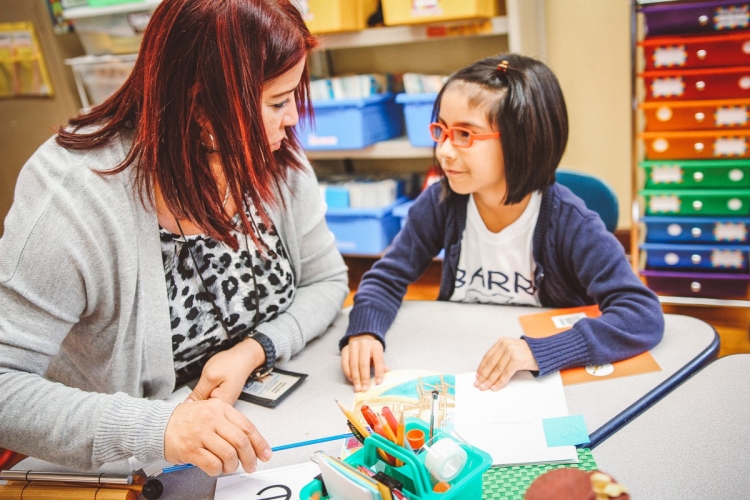 |
So, how can this concept benefit gifted learners specifically? Getting back to the idea with the accompanying behaviors and personality traits, the gifted learner is better prepared to excel academically when he or she is provided with more whole-child nurturing, which can be accomplished through Bibliotherapy. Tamara Fisher, an educator, authored an informative blog post on Edweek.org detailing her methodology for using bibliotherapy with her gifted students. In it, she explains that book selection is an important factor, with basic parallels between the protagonist and the student as a key concept, further noting that a gifted main character is best and that the giftedness should play a central role in the storyline. Additionally, Fisher stresses that the follow-up discussion and comprehensive projects completed after the reading are paramount to the effectiveness of the strategy. Her article and book selection list can be found here.
Educators and conscientious parents of all children and young adults certainly have a daunting task at hand; adding giftedness to this challenge provides a bit of a twist, and the more customized we are able to make our efforts the more benefits our young people will reap.
Booksource Recommendations
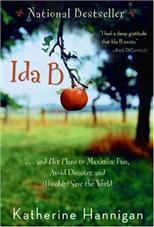
|
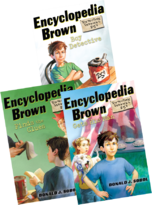
|
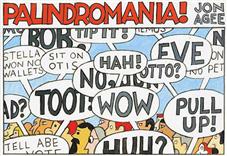
|




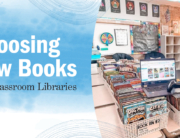
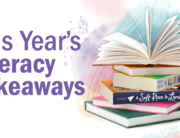
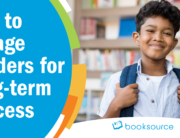

Leave A Comment